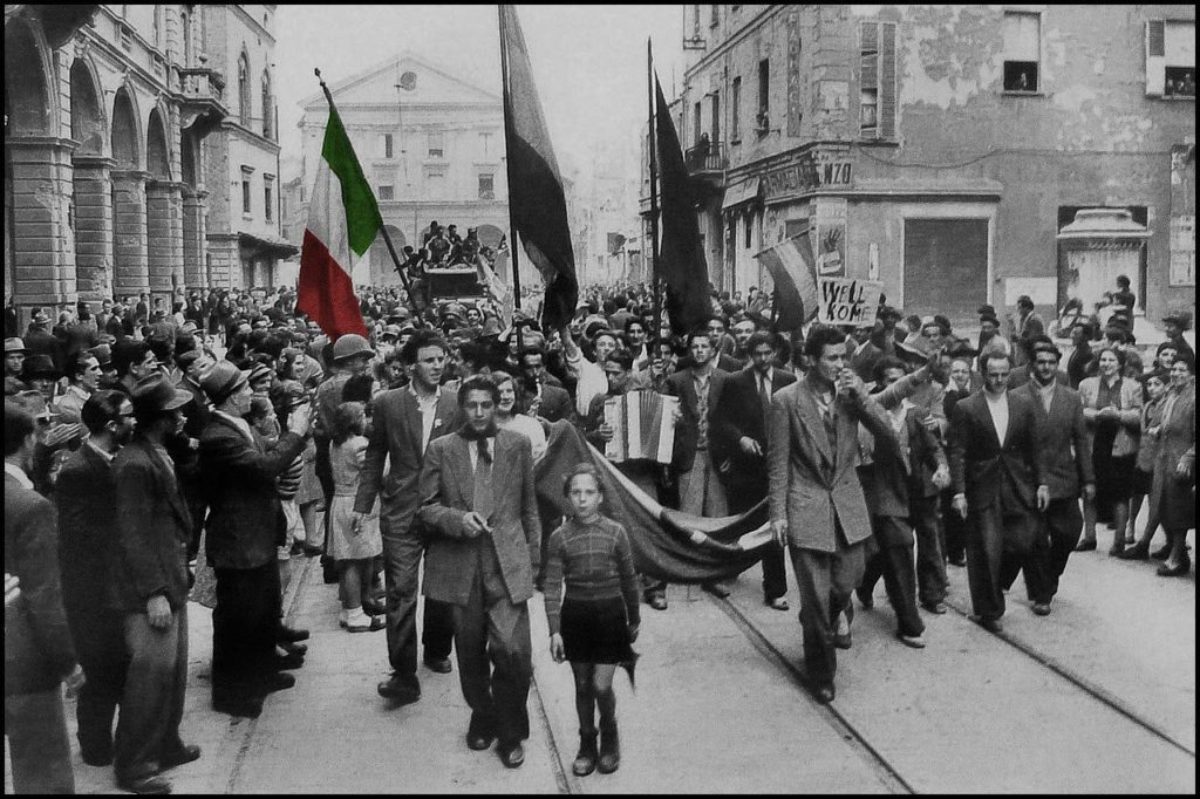Why did the claim for EUR 200 million shrink in court to only EUR 8.1 million?
Helsinki District Court’s nearly 300-page judgment on compensation for Helsinki metro automation sinks deep into contract law deep blood.
In this week’s issue in the judgment, the court settled the monetary dispute, ie the claims for compensation that the parties had against each other.
In its interlocutory judgment last year, the court resolved the issue of guilt. According to the interim judgment, the City of Helsinki Transport Authority (HKL) had the right to terminate the automation procurement contract due to delays by the supplier, Siemens, mainly due to delays in train deliveries.
The tragic course of events has been pending in the district court for three years. The controversy arose when HKL unilaterally terminated the automation agreement in 2015.
Helsinki resident the most interesting question from the taxpayer ‘s point of view is why the district court sentenced Siemens to relatively small damages, even though the claims were historically high and it had already been convicted.
Siemens was ordered to pay only EUR 8.1 million in compensation and refunds, although HKL had demanded almost EUR 200 million.
The answer is that the court wanted evidence of losses which were demonstrably incurred and which were directly attributable to Siemens’ activities.
In its interlocutory judgment, the court had already held that Siemens’ conduct was not grossly negligent.
Read more: HKL will be the payer for HKL ‘s failed automatic metro
HKL: n the largest amount of compensation of EUR 80 million had been calculated by summing the salaries of the metro drivers from 2014 to 2028. HKL argued that if Siemens had carried out the automation on schedule, it would have been to switch to automatic driving without drivers.
However, the court ruled that HKL’s far-reaching payroll calculation could not be classified as a loss.
In its defense, Siemens had pointed out that, in any event, HKL would have had to recruit staff for the stations and quays.
Legal also considered that not all the acquisitions made during the project were useless to HKL. HKL has retained the interlocking equipment for the depot and the metro network, the access control system and a few other parts of the system.
However, if HKL had dismantled the interlocking equipment, the metro traffic would have had to be stopped for several years during the construction of the new interlocking equipment.
HKL had redeemed certain parts of the system supplied by Siemens from Siemens for almost EUR 10 million in 2016. Siemens had also returned a total of EUR 18.5 million in payments paid by HKL in 2015.
The court weighed item by item and item by expense the extent to which HKL was entitled to claim refunds or damages.
According to the law, Länsimetro oy was not entitled to compensation and HKL could not receive compensation for automation on the basis of the Länsimetro contract.
District Court the basic principle of the judgment was that the same damage should not be compensated on the basis of several claims.
The court also complied with the prohibition on enrichment, ie compensation cannot exceed the amount of full compensation and the injured party cannot benefit financially from the event of damage.
The total value of the initial automation contracts was 174.3 million, of which the Helsinki metro accounted for the largest share, EUR 99 million.
HKL: n The damages were also reduced by the fact that, on the basis of the interlocutory judgment, HKL was not entitled to terminate the separate depot contract at the same time as the contract for the supply of the automatic metro.
Read more: The automatic subway was a huge project that went completely wrong – this is how the court found the crucial mistakes
The depot contract should have been terminated in accordance with the terms of the contract, and the terms of the contract were not met at that time. Any delivery delays had not yet materialized.
In the case of the depot, on the contrary, HKL became a payer, as it has to pay more than EUR 10 000 for the costs of dismantling, removing and disposing of the equipment already delivered to the depot and renovating the premises.
Legal also rejected a number of HKL ‘s expenditure items related to the arrangements for the construction phase of the automation. For example, hiring additional traffic controllers or other increased operating costs during construction were not legally useless.
The court also dismissed HKL’s claims for damages in respect of the Western Metro contract. Although the completion of the Western Metro was delayed, it could not be attributed to Siemens.
The court also finds that HKL was unable to prove a calculation of the incineration of the working time costs of its regular staff in the account of the automated project.
Among other things, HKL wanted to pay the passport costs of one of its employees with Siemens.
Both the parties also claim the other party to bear their own costs. HKL’s legal costs were EUR 4.1 million and Siemens’ EUR 9.5 million.
In considering this, the district court had to decide which was the winner and which was the loser.
The loser in the first stage of the proceedings, the question of guilt, was Siemens, but in the second stage, the indemnity stage, the court dismissed most of HKL’s claims for reimbursement and reimbursement.
‘Siemens may, in principle, be considered to have largely won and HKL has accordingly lost the second stage of the proceedings,’ the operative part of the judgment states.
The judgment is now written in such a way that each pays its own costs.
Both parties will consider an appeal to the Court of Appeal.
.
#analysis #jacket #purse #Siemens #payer #metro #disaster #real #loser #Helsinki #taxpayer







